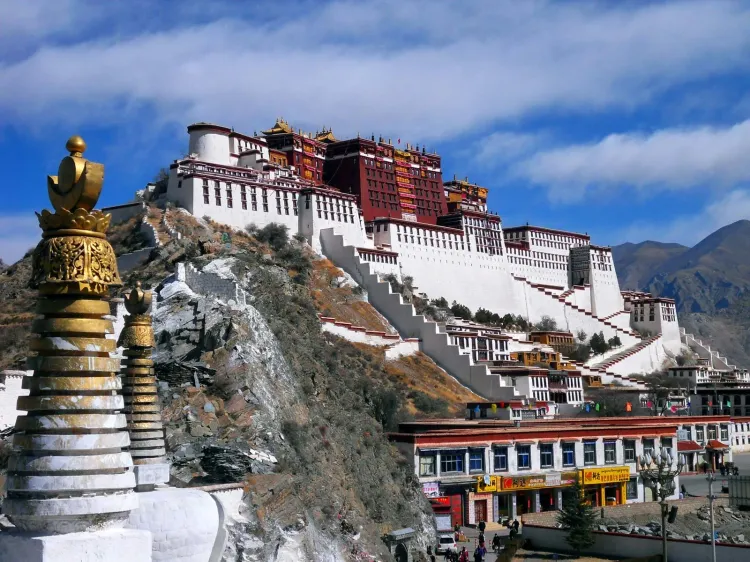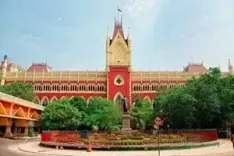Tibetan Administration Reaffirms Commitment to Peaceful Resolution

Dharamsala, Dec 10 (NationPress) The Central Tibetan Administration (CTA), elected democratically, has once again emphasized its dedication to achieving a peaceful resolution to the Sino-Tibet conflict utilizing the middle-way approach, which aims for authentic autonomy for all individuals residing in traditional Tibetan territories.
In a statement commemorating the 35th anniversary of the Nobel Peace Prize awarded to His Holiness the Dalai Lama, the CTA noted that autonomy encompasses the management of all religious, cultural, linguistic, educational, health, and environmental matters, as provided by the Chinese constitution and the Regional National Autonomy law.
"Regrettably, the Chinese government continues to disregard the legitimate aspirations of the Tibetan people and is actively erasing our unique identity," it lamented.
As a precursor to the upcoming celebrations for the global Year of Compassion (from July 6, 2025, to July 6, 2026) in honor of the Dalai Lama's 90th birthday, the Kashag (cabinet) stated, "As we honor both the Nobel Peace Prize awarded to His Holiness the Dalai Lama and International Human Rights Day today, it is fitting to highlight His Holiness’s relentless efforts to preserve the Tibetan language and promote ancient Buddhist wisdom and cultural values.
"Additionally, His Holiness has played a pivotal role as a whistleblower in the defense of global ecology and the environment."
The Norwegian Nobel Committee highlighted in its citation that His Holiness the Dalai Lama, the spiritual and temporal leader of the Tibetan people, consistently opposes violence in his quest for Tibet's liberation. "Instead, he advocates for peaceful resolutions founded on tolerance and mutual respect to safeguard the historical and cultural heritage of his people… The committee believes that the Dalai Lama has presented constructive and forward-looking proposals for resolving international conflicts, human rights issues, and global environmental challenges."
While the global community admires the Dalai Lama for his selfless contributions, unfortunately, the central government in Beijing continues its campaigns against him and ignores the genuine aspirations of the Tibetan populace under its unlawful occupation, the statement added.
"In conclusion, we pray for the uninterrupted preservation of the Tibetan language and culture, which embody our spiritual essence. May the untouched natural environment of Tibet be safeguarded. May peace reign on earth," the CTA concluded.
Although the Tibetan population in exile constitutes only 2% of the total Tibetan populace, the Tibetan community residing in free democratic nations has achieved notable success in preserving and promoting Tibetan religion, culture, and language.
According to the CTA, over 98% of Tibetans in Tibet face the relentless assault of the Chinese government on their religion, language, and culture. With constant surveillance and severe restrictions on the movement of Tibetans, Tibet currently exists under a state of virtual martial law.
In 1959, Chinese occupying forces violently suppressed the Tibetan national uprising in Lhasa, compelling the Dalai Lama and over 80,000 Tibetans to flee into exile in India and neighboring nations.
Upon arriving in India after a perilous three-week journey, the Dalai Lama initially resided for approximately one year in Mussoorie, Uttarakhand.
On March 10, 1960, just before relocating to Dharamsala, which also serves as the headquarters for the exiled Tibetan community, the Dalai Lama stated: "For those of us in exile, I said that our priority must be resettlement and the preservation of our cultural traditions. We, Tibetans, will ultimately succeed in regaining freedom for Tibet."






